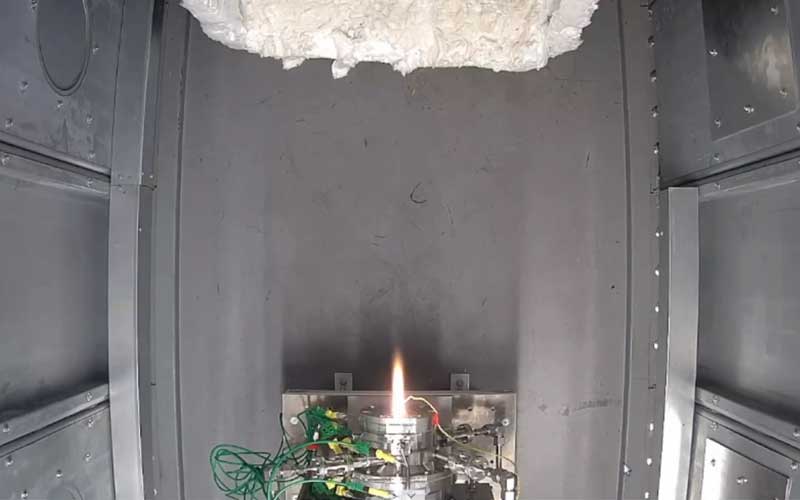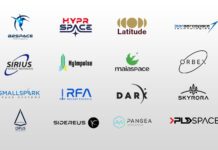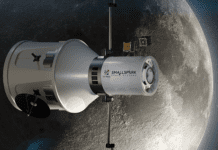
Welsh space tech startup SmallSpark Space Systems has completed a long-duration hot fire test of a prototype of its NEWT-A2 thruster.
In December 2022, SmallSpark received a £76,000 grant from the UK Space Agency to assist with the development of its NEWT-A2 thruster. The company describes it as “the world’s simplest bi-propellant satellite thruster.” The engine utilizes a proprietary fuel and a high-test peroxide oxidizer. Once operational, the company will offer the thruster with thrusts ranging from 5N to 300N.
The NEWT-A2 test campaign began on 15 September and is still ongoing. The company has completed a single long-duration hot fire test that lasted 40 seconds. The test was done at approximately 70% of the final mass flow target.
The thruster prototype is being utilized to validate a number of core assumptions about the design’s behaviour. The company is already in the process of designing the next iteration of the thruster, which will be lighter and closer to the flight version.
SmallSpark plans to perform an in-flight demonstration of the NEWT-A2 thruster within the next 18 months. The company is currently examining whether or not to demo the thruster aboard a customer satellite or something that it will build in-house.
“We’re currently engaging with interested commercial parties to explore flying NEWT-A2 on their payloads, but the system presents a number of novelties for an in-space thruster,” said SmallSpark CEO Joseph Ward in response a European Spaceflight question. “We are also seriously considering an in-house funded demo mission.”
Although the thruster will be marketed to satellite builders, the primary purpose of the NEWT-A2 thruster will be to power the company’s S4-SLV space logistic vehicle. SmallSpark intends to offer the vehicle as a payload transportation and hosting service to cislunar orbit.




